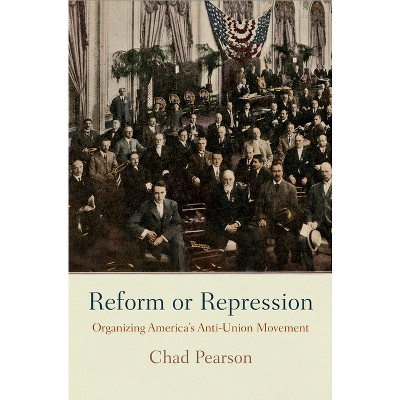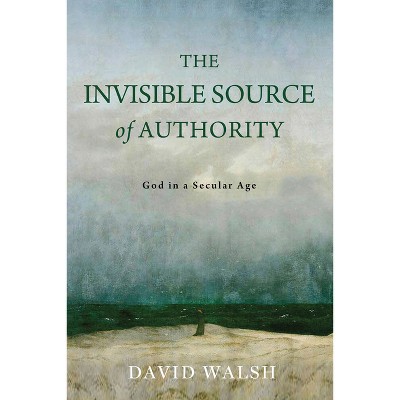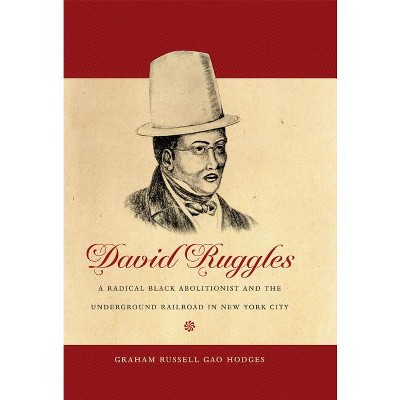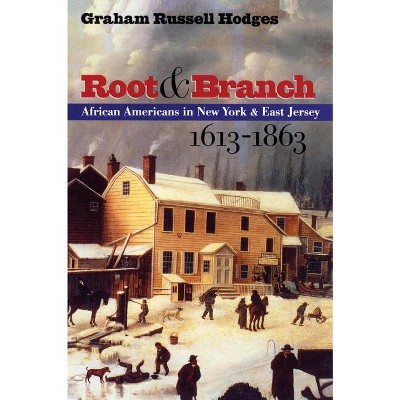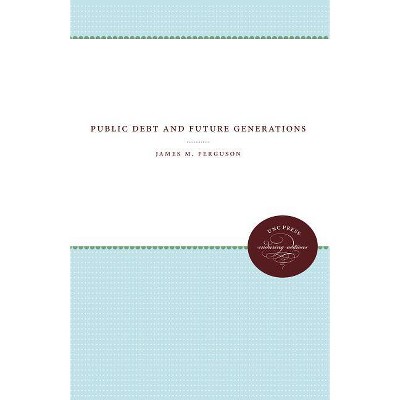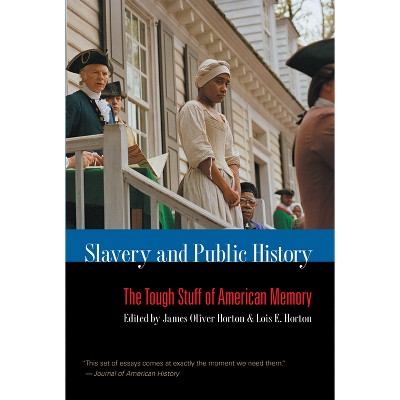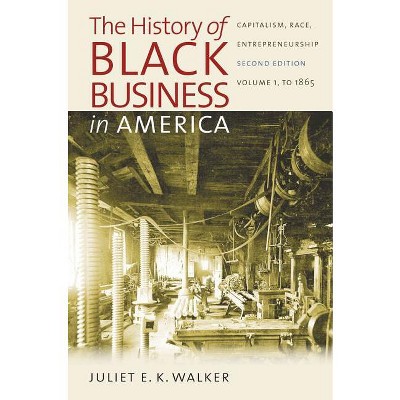Sponsored

Scientists, Business, and the State, 1890-1960 - (The Luther H. Hodges Jr. and Luther H. Hodges Sr. Business, Entrepreneurship, and Public P)
In Stock
Sponsored
About this item
Highlights
- In the late nineteenth century, scientists began allying themselves with America's corporate, political, and military elites.
- About the Author: Patrick J. McGrath has lectured in American history at New York University, Fordham University, and Pace University.
- 264 Pages
- Political Science, History & Theory
- Series Name: The Luther H. Hodges Jr. and Luther H. Hodges Sr. Business, Entrepreneurship, and Public P
Description
About the Book
Scientists, Business, and the State, 1890-1960Book Synopsis
In the late nineteenth century, scientists began allying themselves with America's corporate, political, and military elites. They did so not just to improve their professional standing and win more money for research, says Patrick McGrath, but for political reasons as well. They wanted to use their new institutional connections to effect a transformation of American political culture. They succeeded, but not in ways that all scientists envisioned or agreed upon.
McGrath describes how, between 1890 and 1960, scientific, business, and political leaders together forged a new definition of American democracy in which science and technology were presented to the public as crucial ingredients of the nation's progress, prosperity, and political stability. But as scientists became more prominent, they provoked conflicts among themselves as well as with their institutional patrons over exactly how their expertise should be used. McGrath examines the bitter battles that erupted over the role scientists should play during the Great Depression, World War II, the Cold War arms race, and the security and loyalty investigations of the 1950s. He finds that, by the end of the 1950s, scientists were regarded by the political and military elite not as partners but as subordinate technicians who were expected to supply weapons on demand for the Cold War state.
Originally published 2001.
A UNC Press Enduring Edition -- UNC Press Enduring Editions use the latest in digital technology to make available again books from our distinguished backlist that were previously out of print. These editions are published unaltered from the original, and are presented in affordable paperback formats, bringing readers both historical and cultural value.
Review Quotes
"[McGrath's] story helps us to understand the ideas of scientists inside the military establishment." -- American Historical Review
"A valuable study of scientists' political thought and their participation in designing the modern state." -- Journal of American History
"An extremely important intellectual history of American science in the 20th century." -- Wilson Quarterly
"McGrath's book documents, in a compelling and readable fashion, how the notable nineteenth-century ideal of science in the service of the state led to the triumph of 'scientific militarism' in the Cold War." -- Gregg Herken, author of The Winning Weapon
About the Author
Patrick J. McGrath has lectured in American history at New York University, Fordham University, and Pace University. He is currently an independent scholar and historical consultant in New York City.Shipping details
Return details
Frequently bought together

Trending Non-Fiction






